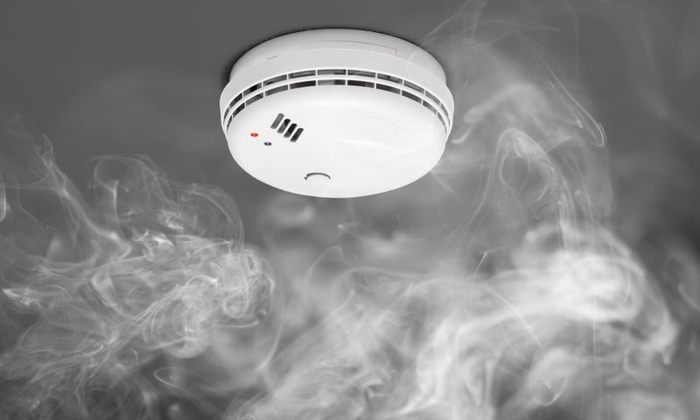Being a Landlord you need to think about a lot of things. A major point you need think about is how to comply with fire safety legislations, below is a list of ones you need to know about.
The Smoke and Carbon Monoxide Alarm (England) Regulations 2015
The smoke and Carbon monoxide regulations require private rented sector landlords to have:
- at least one smoke alarm installed on every storey of their rental property which is used as living accommodation, and
- a carbon monoxide alarm in any room used as living accommodation where solid fuel is used – after that, the landlord must make sure the alarms are in working order at the start of each new tenancy.
After the landlord’s test on the first day of the tenancy, tenants should take responsibility for their own safety and test all alarms regularly to make sure they are in working order. Testing monthly is generally considered an appropriate frequency for smoke alarms. If tenants find that their alarm(s) are not in working order during the tenancy, they are advised to arrange the replacement of the batteries or the alarm itself with the relevant landlord.
Gas safety (Installation and Use) Regulations 1998
The Gas safety (Installation and use) regulations 1998 relate to the installation, maintenance, and use of gas appliances, fittings and flues in domestic and certain commercial premises, as a landlord you are required to:
- ensure gas fittings and flues are maintained in a safe condition
• ensure gas appliances are serviced in accordance with the manufacturer’s instructions, and if these are not available it is recommended they are serviced annually
• ensure an annual safety check is carried out on each gas appliance/flue
• before any new lease starts, ensure gas safety checks have been carried out within one year before the start of the lease date, unless the appliances have been installed for less than 12 months, they will need to be checked within 12 months of the installation date
• ensure all installation, maintenance and gas safety checks are carried out by a Gas Safe registered engineer
• records are to be kept of each safety check for at least two years
• provide a copy of the latest safety check record to existing tenants within 28 days or to any new tenant before they move in.
Electrical Equipment (Safety) Regulations 1994
This regulation places an obligation on landlords to ensure that electrical systems and electrical appliances supplied are safe. All electrical equipment supplied after 9th January 1995 must be marked with an appropriate CE symbol and regulations are enforced by the Health and Safety Executive.
Landlords should:
- carry out safety checks on all electrical appliances and remove unsafe appliances. Electrical appliances should be checked by a qualified electrical engineer
- keep records of the checks for all electrical appliances
- make sure instruction booklets are available for all electrical appliances and that necessary safety warnings are given to tenants
- consider having electrical installations and equipment checked. There is no legal requirement to have an electrical safety certificate, but you do have a duty to keep all electrical installations in proper working order and to ensure any electrical equipment provided in the property is safe.
The Furniture and Furnishings Act 1988
Furniture and furnishings provided by a landlord must meet levels of fire resistance set out within the Furniture and Furnishings (Fire) (Safety) Regulations 1988. These do not apply to carpets, curtains or duvets.




